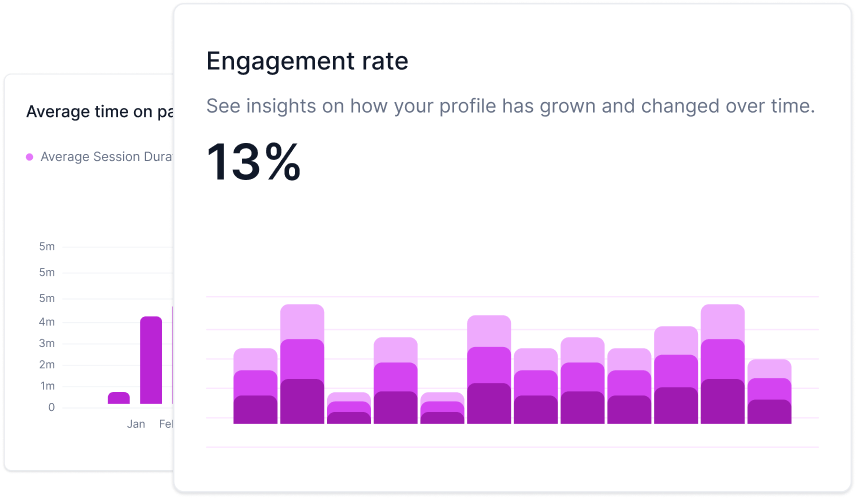What is CRM?
In the vast world of digital marketing and online businesses, SERP, or the Search Engine Results Page, plays a crucial role. At its core, SERP is the list of results returned by a search engine in response to a specific word or phrase query. If you've ever typed a question or topic into Google and seen a list of websites, videos, and news articles, you've interacted with a SERP. But there's more to this than meets the eye. Let's delve into the intricacies of the SERP and answer some of the most pressing questions about it.
What factors determine the ranking of a website or page on the SERP?
Search engine algorithms, like that of Google, consider numerous factors to rank pages. While the exact algorithms are proprietary, we know they consider relevance (how closely the page matches the query), domain authority (how reputable and established a site is), and user experience metrics (like page load time and mobile optimization). Moreover, search engines value high-quality content that's fresh, engaging, and provides value to the user.
How can I optimize my website or content to appear on the first page of search engine results?
Achieving that coveted first-page rank requires a blend of on-page and off-page SEO (Search Engine Optimization) strategies. On-page SEO includes optimizing meta tags, URLs, and content with relevant keywords. Off-page SEO, on the other hand, focuses on building high-quality backlinks from reputable sites. It's also essential to ensure your website loads quickly, is mobile-friendly, and offers an excellent user experience. Regularly updating your content and ensuring it answers users' queries comprehensively can boost your chances of ranking higher.
What are the differences between organic listings and paid listings (ads) on the SERP?
The SERP features both organic listings and paid ads. Organic listings are the results that appear because they're most relevant to the search query and have been optimized for SEO. These listings are "earned" and cannot be paid for. Paid listings, conversely, are advertisements. Businesses bid on keywords, and if their bid is high enough and the ad's quality and relevance are deemed adequate by the search engine, their ad might appear above or alongside the organic listings. You can identify paid ads by the "Ad" label next to them.

